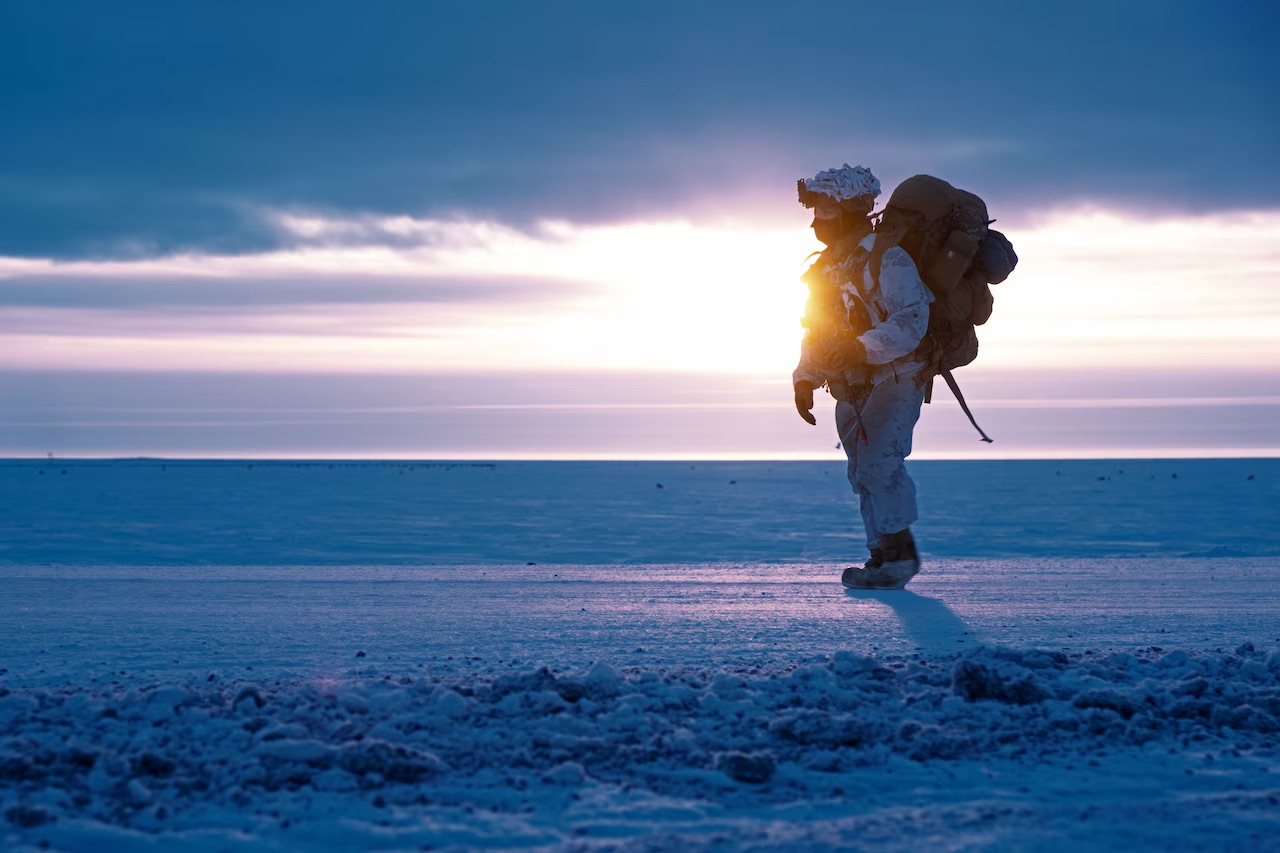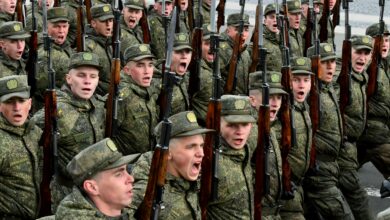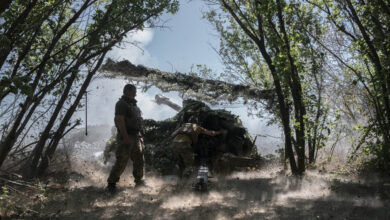Defense representatives from the US, Iceland, Canada, Denmark, Finland, Norway, and Sweden met in Keflavik, Iceland, for the Arctic Chiefs of Defense meeting.
The agenda focused on regional situational awareness and opportunities for further collaboration in the Arctic region in line with Washington’s 2024 Arctic Strategy, where engaging with allies is crucial “to uphold defense and deterrence in the Arctic, build interoperability, and increase its understanding of how to operate in the region.”
Released in July 2024, the strategy asserts the region’s importance to national security and identifies the threat of China and Russia’s collaboration in the area.
“The goal is to enhance our domain awareness and maneuver building in the Arctic,” Chairman of the Joint Chiefs of Staff Air Force Gen. Charles Q. Brown, Jr. said during the inaugural meeting.
“The US commitment is to secure the Arctic, uphold international law, and support our NATO allies,” he added.
Hot Issues in the Cold North
Climate change has accelerated the melting of the Arctic, with the sea ice shrinking at a rate of 12.2 percent per decade, and revealing potential security issues in the near future.
These environmental effects have made it easier to access untapped natural resources — such as oil, gas, and rare minerals — that provide a strategic advantage to Russia, which has been facing sanctions amid its war against Ukraine.
The receding ice has also started to pave the way for new maritime routes, such as the Northern Sea Route which Moscow could use as a shorter alternative to the Suez Canal.
However, the route still requires significant infrastructure investment and icebreaker ships, and China and India have shown interest in developing the passage.
Territorial disputes and fishing rights issues may also increase between the NATO Arctic Circle countries and the Kremlin.
Although China does not border the Arctic, it has been conducting joint military exercises with Russia in the region and funding exploration and research there.
“The Arctic is going to be a factor, not only today, but more so probably 10-to-15 years from now,” Chairman Brown told US Patrol Squadron 40 at Keflavik Air Base during his visit after the defense chiefs’ meeting.












